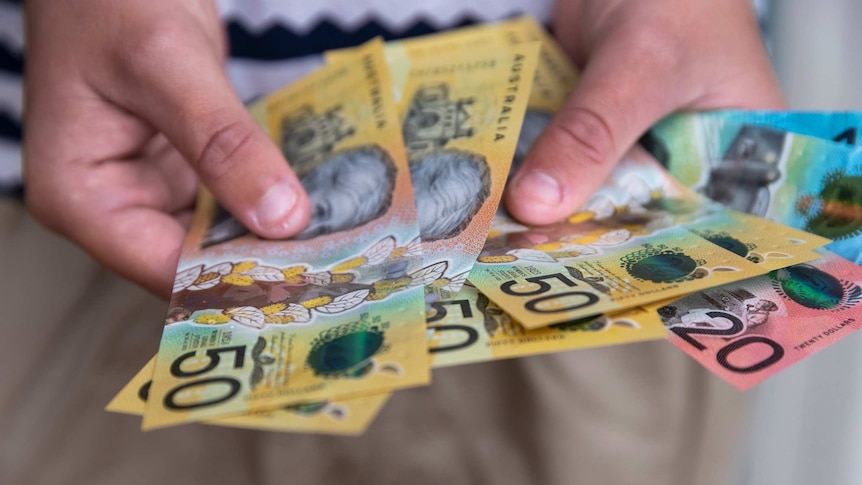Save for a Down Payment on a Home

How to Budget and Save for a Down Payment on a Home
Saving for a down payment on a home is a significant financial milestone for many Australians. With property prices constantly on the rise, accumulating enough savings for a deposit can seem like a daunting task. However, with proper planning, budgeting, and discipline, you can achieve your goal and secure your dream home. This article will provide practical tips on how to budget and save for a down payment in the context of the Australian property market.
- Understand the deposit requirements
In Australia, most lenders require a minimum deposit of 5% to 20% of the property's purchase price. It's important to research the deposit requirements for the type of property you're interested in, as well as any additional costs such as stamp duty, mortgage insurance, and legal fees. This will give you a clear target to aim for and help you set realistic savings goals.
- Assess your current financial situation
Before you can create an effective plan to Save for a Down Payment on a Home, it's crucial to have a clear understanding of your current financial situation. Review your income, expenses, and any outstanding debts to determine how much you can realistically save each month. This will help you identify areas where you can cut back on spending and allocate more funds towards your deposit.
- Create a budget
A well-thought-out budget is the backbone of any successful savings plan. To create a budget, start by listing all your income sources and monthly expenses. Then, identify areas where you can reduce spending, such as dining out, entertainment, or subscription services. Allocate a specific amount for savings each month and treat it as a non-negotiable expense. Remember to review and adjust your budget regularly to ensure it remains effective.
- Open a high-interest savings account
Maximise your savings by depositing them into a high-interest savings account. Look for an account with a competitive interest rate and no fees, which will help your deposit grow faster. Make regular contributions to this account and avoid withdrawing funds unless absolutely necessary.
- Utilise the First Home Super Saver Scheme (FHSSS)
The Australian government's First Home Super Saver Scheme allows you to save for your first home within your superannuation fund. You can make voluntary contributions of up to $15,000 per financial year, with a maximum of $30,000 across all years. These contributions, along with the earnings, can be withdrawn to help you purchase your first home. The FHSSS provides potential tax benefits and can help you accelerate your savings.
- Consider government grants and concessions
Look into government grants and concessions available to first-time homebuyers in your state or territory. These may include the First Home Owner Grant, stamp duty concessions, or other incentives that can significantly reduce the amount you need to save for your deposit.
- Make saving a priority
Commit to making the Save for a Down Payment on a Home a top priority. This may involve making sacrifices in your daily spending habits, such as cutting back on non-essential purchases or finding cheaper alternatives to costly activities. Stay focused on your goal and remind yourself of the long-term benefits of homeownership.
- Monitor your progress and stay motivated
Regularly review your savings progress and celebrate milestones along the way. This will help you stay motivated and committed to achieving your goal. If you encounter setbacks, reassess your budget and make adjustments as needed to get back on track.
Saving for a down payment on a home in Australia can be challenging, but with a clear plan, discipline, and determination, it's achievable. By understanding the deposit requirements, creating a budget, utilising available government schemes, and making saving a priority, you'll be well on your way to securing your dream home.
Speak to a mortgage broker today about your Home Loan options, refinancing or more information on how to Save for a Down Payment on a Home avoid paying unnecessary interest.
Read more:
Can you shorten your home loan term?
Consequences of Late Home Loan Repayments
How does rising inflation affect your borrowing power?
7 Ways to Pay Off Your Mortgage Sooner




